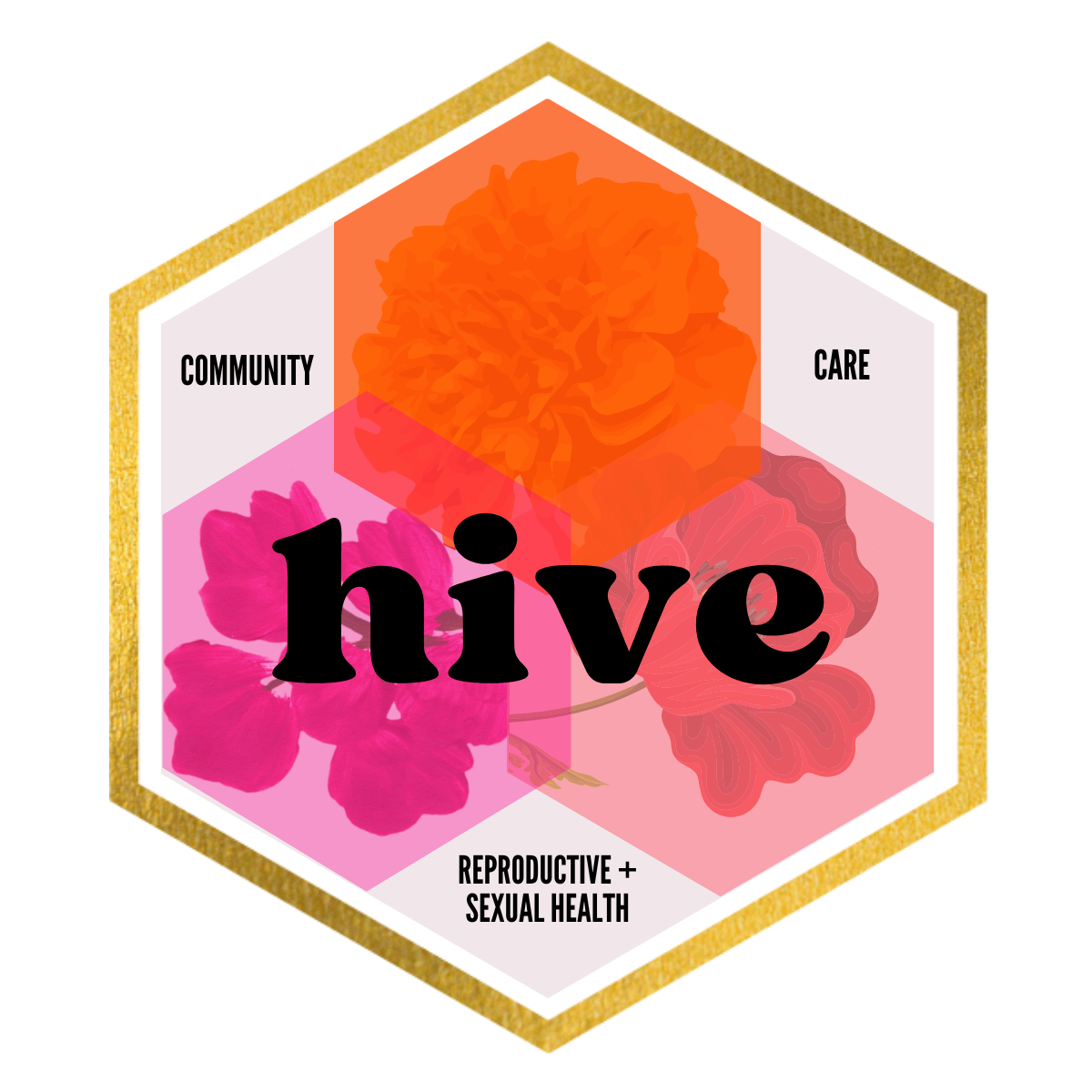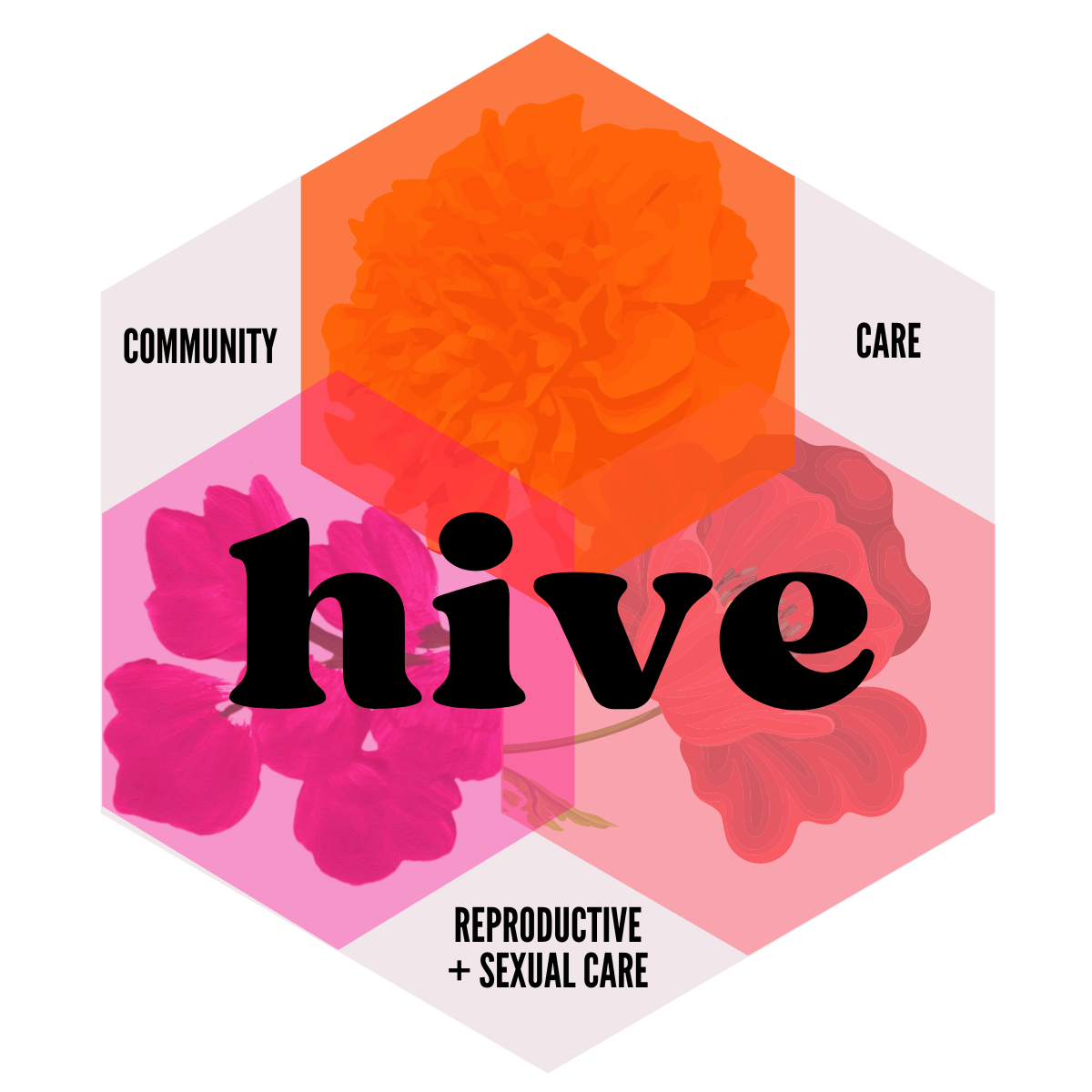For Men Living with HIV
Information for you
-
Advances in HIV treatment have given people living with HIV the tools to live long, healthy lives. Improvements in HIV medications means having HIV can be a manageable condition. If diagnosed early, people living with HIV who participate in their medical care can live about as long as someone without HIV. Taking your HIV medications as prescribed helps keep you healthy. This happens by lowering the amount of HIV in your blood to levels that cannot be detected (seen) by standard laboratory tests. This is called having an undetectable viral load. When you have a consistently undetectable viral load for six months or longer, you cannot pass HIV to your sexual partner. In short, Undetectable = Untransmittable (#UequalsU). We also now know U=U applies to residual, or very small, amounts of HIV in tissues or bodily fluids like semen. Even if your viral load is undetectable, your viral load can become detectable again if you stop taking HIV medication. For more on U=U, visit the Prevention Access Campaign, The Well Project, and PleasePrEPMe Undetectable.
-
HIV is transmitted, or spread, through contact with these body fluids:
Blood (including blood from your period and any blood in saliva, urine, and feces).
Semen (“cum”) and other sexual fluids from the penis (“pre-cum”).
Vaginal fluids.
Breastmilk
HIV is not spread through contact with these body fluids:
Sweat
Tears
Saliva (spit)
Feces (poop)
Urine (pee)
Methods of transmission:
-> Perinatal transmission: during pregnancy, labor, delivery, or breastfeeding.
-> Sex not protected by condoms or medications.
-> Re-using or sharing needles or other works/equipment for injecting drugs, tattoos, or other substances.
HIV is not spread by:
Hugging
Holding hands
Kissing
Drinking or eating from the same cups or utensils as a person living with HIV
Using a toilet also used by someone living with HIV
You can safely share a drink, a hug, a toilet, a handshake, dishes with someone who has HIV.
Taking your HIV medications and staying undetectable is not only good for your own health, it is the best defense against transmitting or passing HIV to another person.
For more on HIV transmission:
The Well Project: HIV Transmission
Medline Plus: HIV/AIDS in Women
Video: Dr. Lisa Fitzpatrick Talks about How HIV is Transmitted
-
Undetectable equals Untransmittable (U=U):
One of the most effective ways to prevent passing HIV to a sexual partner is taking your HIV medications as prescribed by your medical provider and maintaining an undetectable viral load. U=U has been endorsed by many researchers and organizations.
An undetectable viral load works in preventing transmission of HIV and supporting you in having a healthy enjoyable sex life.
Pre-Exposure Prophylaxis (PrEP)
PrEP is a medication that a person without HIV takes to keep from getting HIV. PrEP works if taken daily. PrEP takes 7 days to start working before anal sex, and 20 days to start working before vaginal sex. PrEP is safe and effective. Most people can tolerate PrEP well, but it may have some mild side effects like nausea and headaches when first starting.
Anyone taking PrEP should be seen by a medical provider for regular lab check-ups, including HIV/STI testing, Hepatitis B testing, and tests to make sure their kidneys are healthy. To find a PrEP provider, and for live chat about PrEP, visit PleasePrEPMe. For more on PrEP, check out this CDC resource.
Post-Exposure Prophylaxis (PEP)
PEP is an emergency medication available by prescription that can stop HIV if started within 72 hours of exposure. If you’ve been exposed to HIV within the last 72 hours, go to a clinic or emergency room and ask for PEP. For more on PEP, check out this CDC resource.
Condoms
Using a male or female condom with lube when you have vaginal sex works to prevent pregnancy, HIV, and other sexually transmitted infections (STIs). For people living with HIV, using condoms can prevent other STIs and pregnancy.
Using a female condom may give you more control. Female condoms can also increase pleasure for both partners. This is due to heat-transmitting material, stimulation from the ring, wider size, and looser fit. To learn more about female condoms, check out our friends at the National Female Condom Coalition. To learn how to use one, watch this demonstration video.
For more on condoms as an HIV prevention method, check out this resource from our friends at The Well Project.
-
HIV disclosure is telling someone that you are living with HIV. Disclosure is a journey. It can be stressful. It can be freeing. Disclosing to a family member or friend might be part of your plan to get support for your treatment and well-being. Disclosing to a sexual or intimate partner might be on your mind. Why disclose and why not disclose? The reasons are different for each person. Having a support system can be helpful for disclosing your HIV status. If you’re not ready to tell the people in your life, consider joining an online support group or discussion forum. Your provider and/or social worker can help you make a plan, and they may ask you questions such as:
How do you feel about disclosing your status?
What are the benefits of disclosure?
Why are you think of disclosing now?
What are the worst things that could happen if you disclosed?
What do you think it would look like to disclose?
Have you ever imagined having a talk about disclosure? If so: how did you imagine doing it? How did you imagine it went?
Where is the best place for you to disclose?
We believe that no matter who, where, when or if you choose to disclose, disclosure is a choice. Trust yourself to make the best decision for you. Laws related to HIV disclosure and HIV exposure are different in each state. Local practices may also be different for each provider and hospital or clinic setting. Ask your provider or a trusted advocate about local disclosure and exposure laws and provider practices. Here are some questions you can ask about disclosure:
Who am I legally required to disclose my status to?
I had condomless sex with someone before knowing my HIV status – do I need to tell them I’m living with HIV?
If I’m pregnant, are you [my provider] legally required to tell my partner my status?
Once I’ve delivered a baby, can my partner find out my status by asking my baby’s medical provider?
More resources on disclosing your HIV status:
-
HIV criminalization means criminal laws that punish people for not disclosing their HIV status before having sex, or any potential HIV exposure. These laws are generally outdated, and many were passed before we had effective HIV prevention methods. Advocates are working to update the outdated laws. Watch Gina Brown and Naina Devi dive into issues of disclosure and criminalization.
For more resources on laws that protect you, job discrimination, housing discrimination, and other forms of discrimination:
-
Thinking of having a baby?
Advances in HIV treatment and prevention make starting a family an exciting and safe option for women living with HIV. An undetectable viral load prevents HIV transmission to your partner and also protects your baby.
Here are some steps to take to prepare for a healthy pregnancy.
-
The Well Project is an online resource for women and girls that provides information access, community support, and advocacy.
Prevention Access Campaign | Undetectable = Untransmittable –#UequalsU Facebook Group
TheBody.com | Can HIV-Positive People Have Babies?

